Community Caregiver
By Sue Strachan (NC ’86)
For 20 years, Julia Bland (NC ’73) has been an integral part of bringing the Louisiana Children’s Museum and Tulane University together to create programming addressing mental health in infants, children, and families.
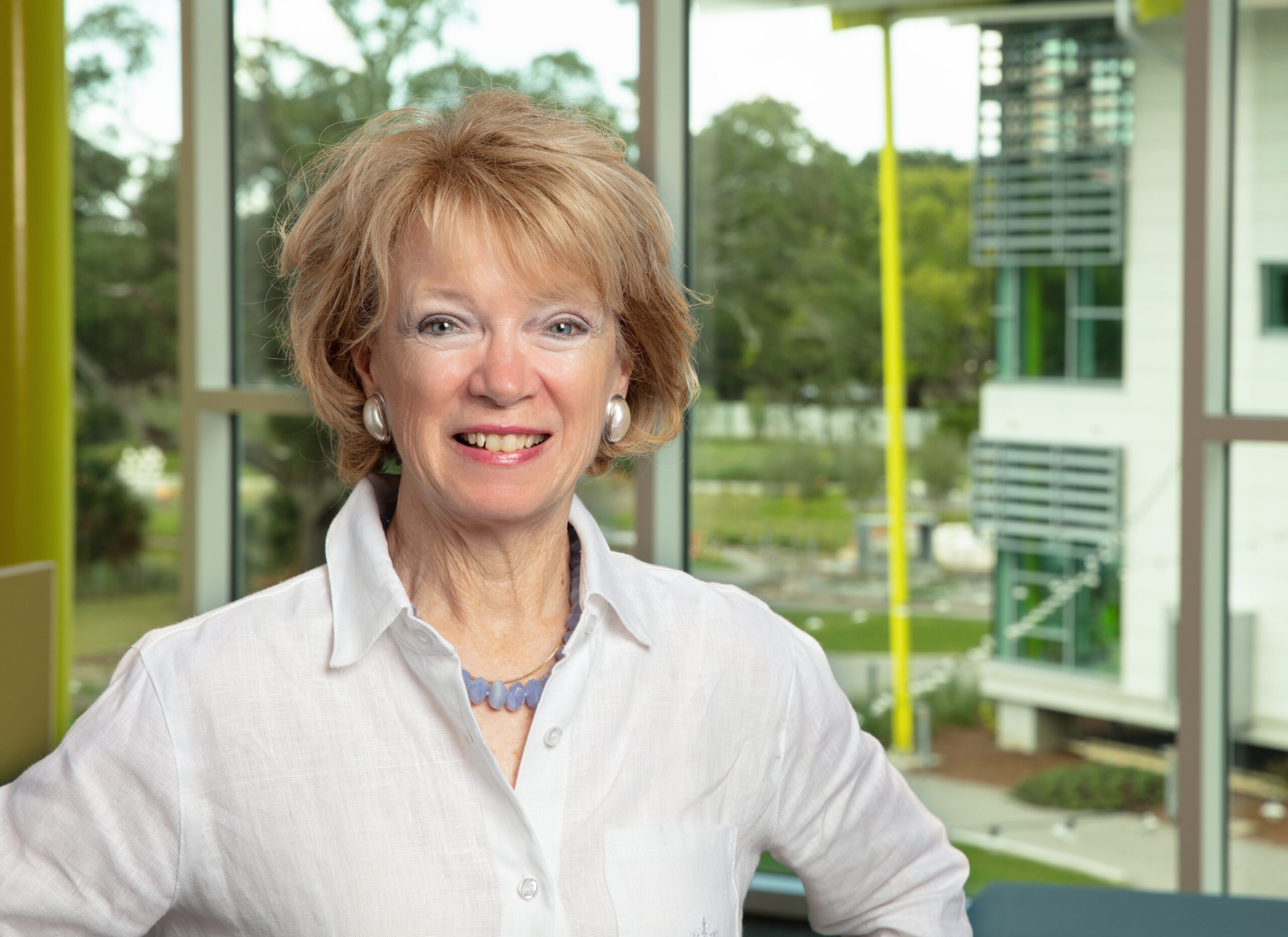
Julia Bland (NC ’73), photo by Jeff Johnston
It was the beginning of March 2020, and New Orleans was resetting itself from Mardi Gras. Beads and costumes had been put away, and life had gotten back to its usual rhythm. At the Louisiana Children’s Museum (LCM), the sounds of children at play filled the new facility, which had opened its doors August 31, 2019. The museum had been located at 420 Julia Street since 1986, and the move to the new campus in City Park allowed for more fun interactive displays and learning experiences for families.
The facility was a longtime dream for Executive Director Julia Bland (NC ’73), who came to the museum as a volunteer in 1994.
“I started off doing fundraising, working on benefits for the museum, then joined the board,” said Bland. “I was tapped to come in to hold things together during a transitional period, and I am still here 23 years later. It’s been a great fit.”
Through the years, Bland saw the museum thrive, as well as become part of the post Hurricane Katrina recovery. In 2015, First Lady Michelle Obama and the Institute of Museum and Library Services honored the museum with the National Medal for Museum and Library Service, recognizing it for outstanding service to the community.
On March 9, 2020, the first person infected with COVID-19 was identified in Louisiana, with cases then rapidly being reported. On March 16, New Orleans Mayor LaToya Cantrell filed a proclamation closing public spaces, which included museums.
Despite the facility being temporarily closed, that didn’t mean the LCM wasn’t busy addressing the needs of the community. The museum had just taken a different path, one that had been forged years earlier.
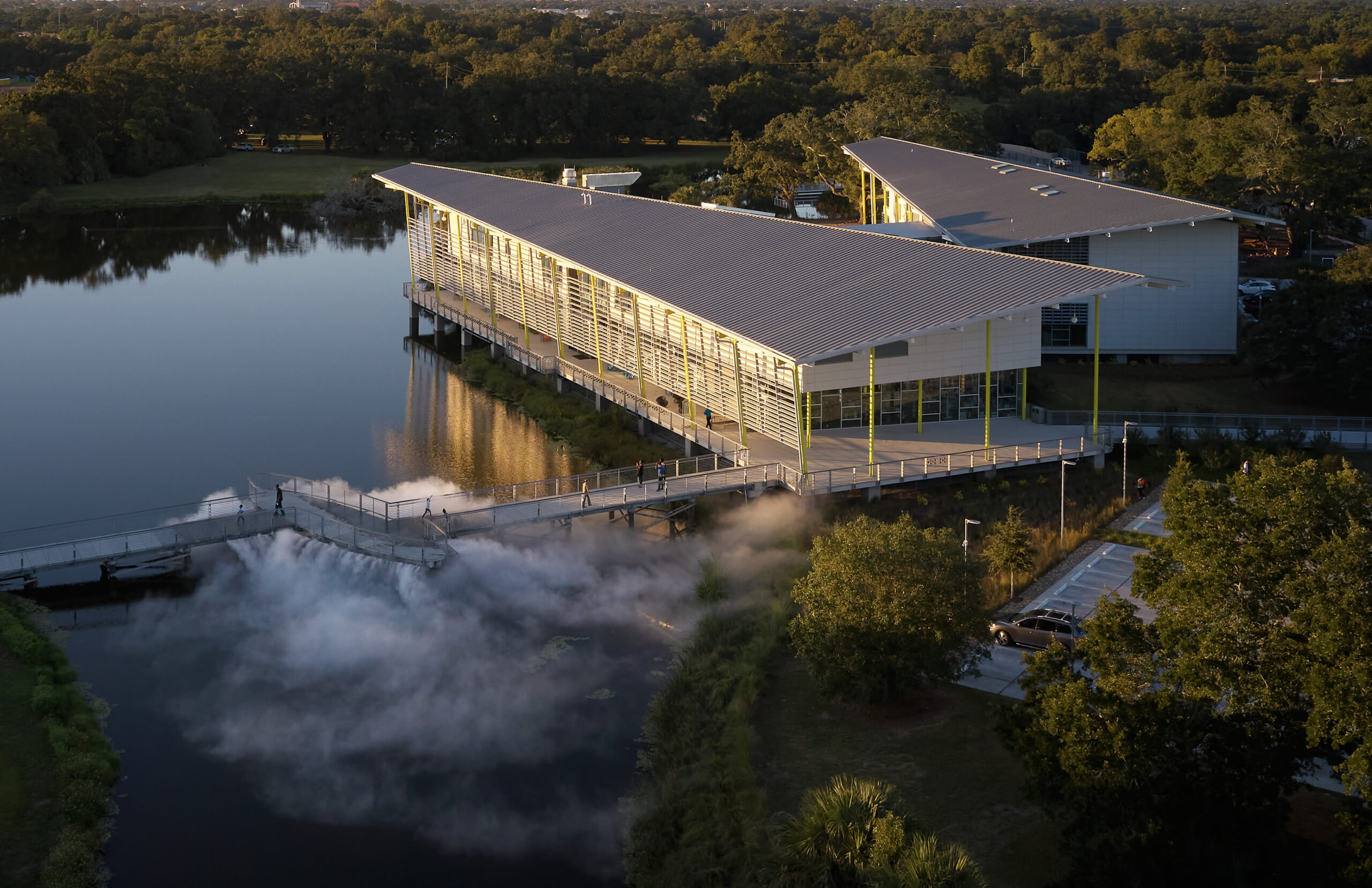
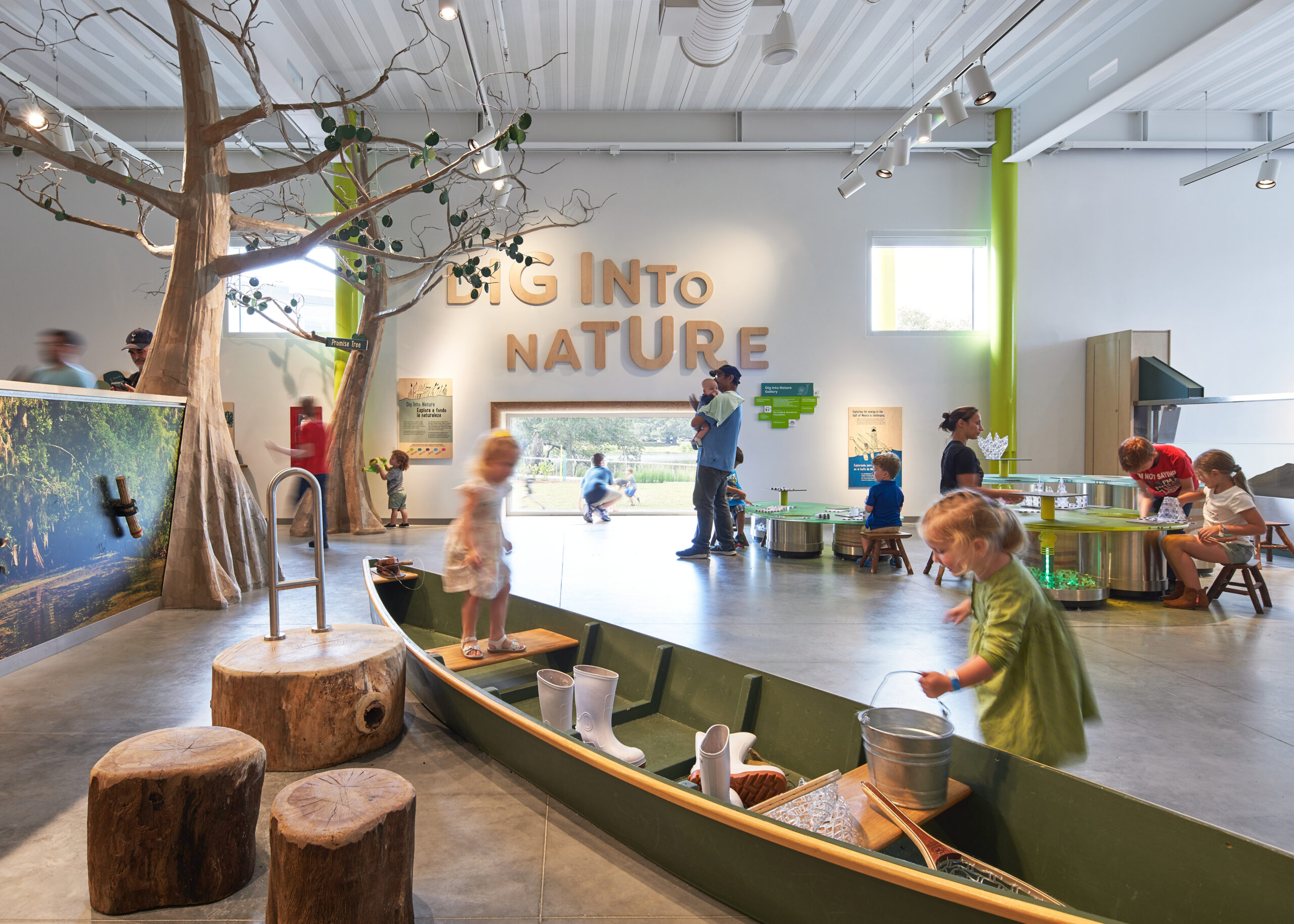
Joining Forces
“I always felt the museum needed to do a good job addressing the whole child,” said Bland, who was introduced to the Institute when they invited her to be on the advisory board.
Dr. Charles Zeanah, professor of psychiatry at Tulane School of Medicine and now director of the Tulane Institute for Infant and Early Childhood Mental Health, and Dr. Geoff Nagle, the current President of the Erikson Institute, but previously part of the Tulane Child Psychiatry Faculty and head policy efforts, worked with Bland to implement programming that focused on the mental health of children.
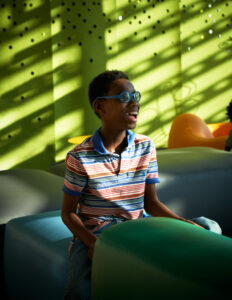 When the COVID-19 stay-at-home order was announced, Bland consulted Dr. Zeanah. “One of the advantages of having gone through disaster [Hurricane Katrina] is that your eyes are opened and you know what people need,” said Bland. “There is fear, uncertainty and depression; and we said, ‘Let’s get ahead of this and get some tools in hand for people to use’.” They recognized immediately the COVID-19 pandemic has different challenges than Hurricane Katrina. “People are working and teaching children at home during the same hours in the same place, creating stressful conditions,” said Bland. “It is one of the hardest balancing acts, that you can’t balance.”
When the COVID-19 stay-at-home order was announced, Bland consulted Dr. Zeanah. “One of the advantages of having gone through disaster [Hurricane Katrina] is that your eyes are opened and you know what people need,” said Bland. “There is fear, uncertainty and depression; and we said, ‘Let’s get ahead of this and get some tools in hand for people to use’.” They recognized immediately the COVID-19 pandemic has different challenges than Hurricane Katrina. “People are working and teaching children at home during the same hours in the same place, creating stressful conditions,” said Bland. “It is one of the hardest balancing acts, that you can’t balance.”
The first program they created was a series of “Connections at Home” videos in which the museum’s educators demonstrate how to make things at home that are also good for the environment, such as how to make paintbrushes, stamps and stencils. These videos are available on YouTube or on the museum’s site.
Among the new collaborations with the Tulane Institute for Infant and Early Childhood Mental Health is “In Dialogue,” a weekly video series tackling issues of how to talk to children about COVID-19; mental health; sleep; and a series about race and racism, among other topics.
“We agreed that it would be helpful to offer parents an accessible set of suggestions and curated resources about supporting their children and parenting during this difficult time,” said Dr. Angela Breidenstine, assistant professor of clinical psychiatry in the Department of Child & Adolescent Psychiatry at Tulane University School of Medicine and a member of the Institute for Infant and Early Childhood Mental Health. “It was important to provide tips based on both current psychological knowledge about children’s emotional/behavioral development and evidence-based parenting practices.”
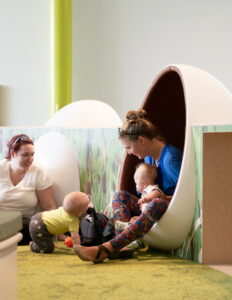 “Building Resilience: Parenting During a Pandemic,” is another new initiative, an in-depth informational document for caregivers available on the museum’s website. “As the effect of the pandemic started to be felt in New Orleans, Julia understood that children and parents would be experiencing numerous changes, unusual challenges and new stressors,” said Dr. Breidenstine. Also part of the “Building Resilience” team was Dr. Silai Mirzoy, who is a triple board resident in pediatrics, general adult psychiatry, and child and adolescent psychiatry.
“Building Resilience: Parenting During a Pandemic,” is another new initiative, an in-depth informational document for caregivers available on the museum’s website. “As the effect of the pandemic started to be felt in New Orleans, Julia understood that children and parents would be experiencing numerous changes, unusual challenges and new stressors,” said Dr. Breidenstine. Also part of the “Building Resilience” team was Dr. Silai Mirzoy, who is a triple board resident in pediatrics, general adult psychiatry, and child and adolescent psychiatry.They also felt that it was crucial to identify credible sources of information about parenting and mental health. The links — more than 40 — address topics that affect children, aged infants to teen, as well as parents. “After Julia and I discussed the vision for the document and brainstormed the main content areas, Dr. Mirzoy and I spent about a week — and some late nights — researching, writing and organizing the document,” said Dr. Breidenstine. The museum and the Institute for Infant and Early Childhood Mental Health have also started to work with the Tulane Brain Institute on the First 1,000 Days of Life, “the most critical time for brain development with over one million new neural connections each second,” said Dr. Zeanah. “During this time, not only functioning but actual structure of the brain is affected by the young child’s experiences, especially experiences in caregiving relationships.”
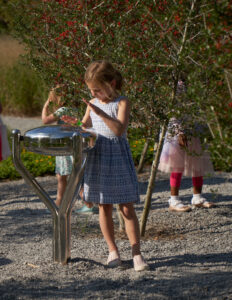 Dr. Zeanah adds, “Because of maximum plasticity, brain development is favorable if the child is raised with nurturing and healthy experiences and unfavorable if the child lacks these experiences or is exposed to threats of trauma.” Infant mental health is critical to ensure that young children begin life on healthy developmental trajectories. The museum is working with the Institute for Infant and Early Childhood Mental Health and the Brain Institute to shape a free mobile app.
Dr. Zeanah adds, “Because of maximum plasticity, brain development is favorable if the child is raised with nurturing and healthy experiences and unfavorable if the child lacks these experiences or is exposed to threats of trauma.” Infant mental health is critical to ensure that young children begin life on healthy developmental trajectories. The museum is working with the Institute for Infant and Early Childhood Mental Health and the Brain Institute to shape a free mobile app.
Bland has enjoyed her partnership with Tulane: “There are a lot of innovative thinkers that I have the privilege to work with there,” said Bland. And her collaborators return the compliment. “Julia is energetic, bright, creative and collaborative,” said Dr. Zeanah. Dr. Breidenstine adds, “Working with Julia is invigorating and fun. She has incredible passion for supporting families in our community. I have really appreciated Julia’s positive leadership.”
Newcomb and New Orleans
Bland’s love of New Orleans and its citizens comes naturally. A native of Knoxville, Tennessee, Bland —then Julia Webb — arrived at Newcomb College in 1969 to study art history, with the goal of working in a collecting museum. She was fascinated by the city at an early age because of the stories her parents, who had honeymooned in New Orleans, told her.
New Orleans didn’t disappoint. “I remember at college being blown away by the culture, the enrichment of the city,” said Bland, who would often get on her bike to explore, particularly enjoying the diverse architecture. Newcomb College was an integral part of the enrichment. “I had amazing teachers at Newcomb in art history and English. …A good dose of liberal arts in a city that is culturally rich; my eyes were opened,” she said.
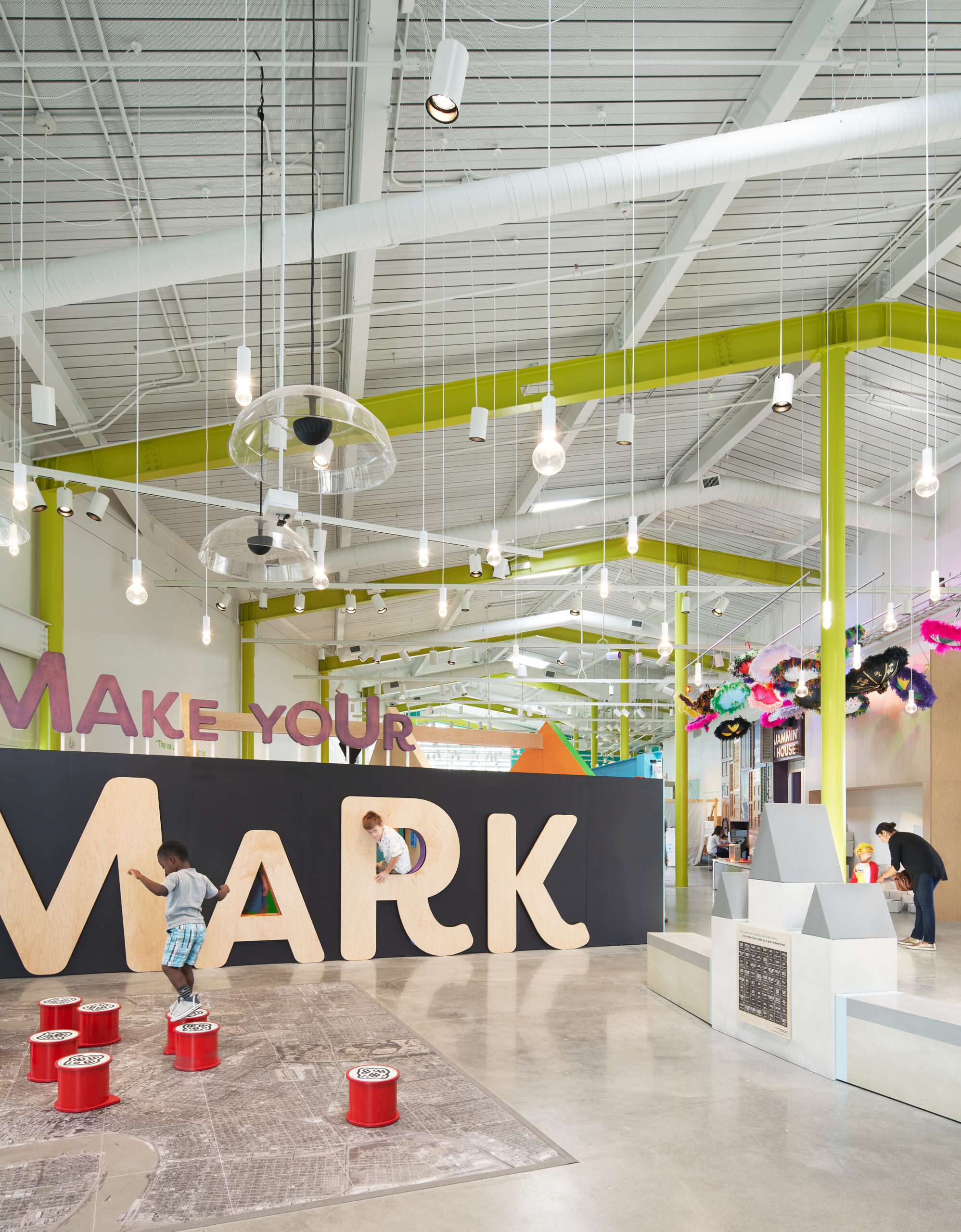
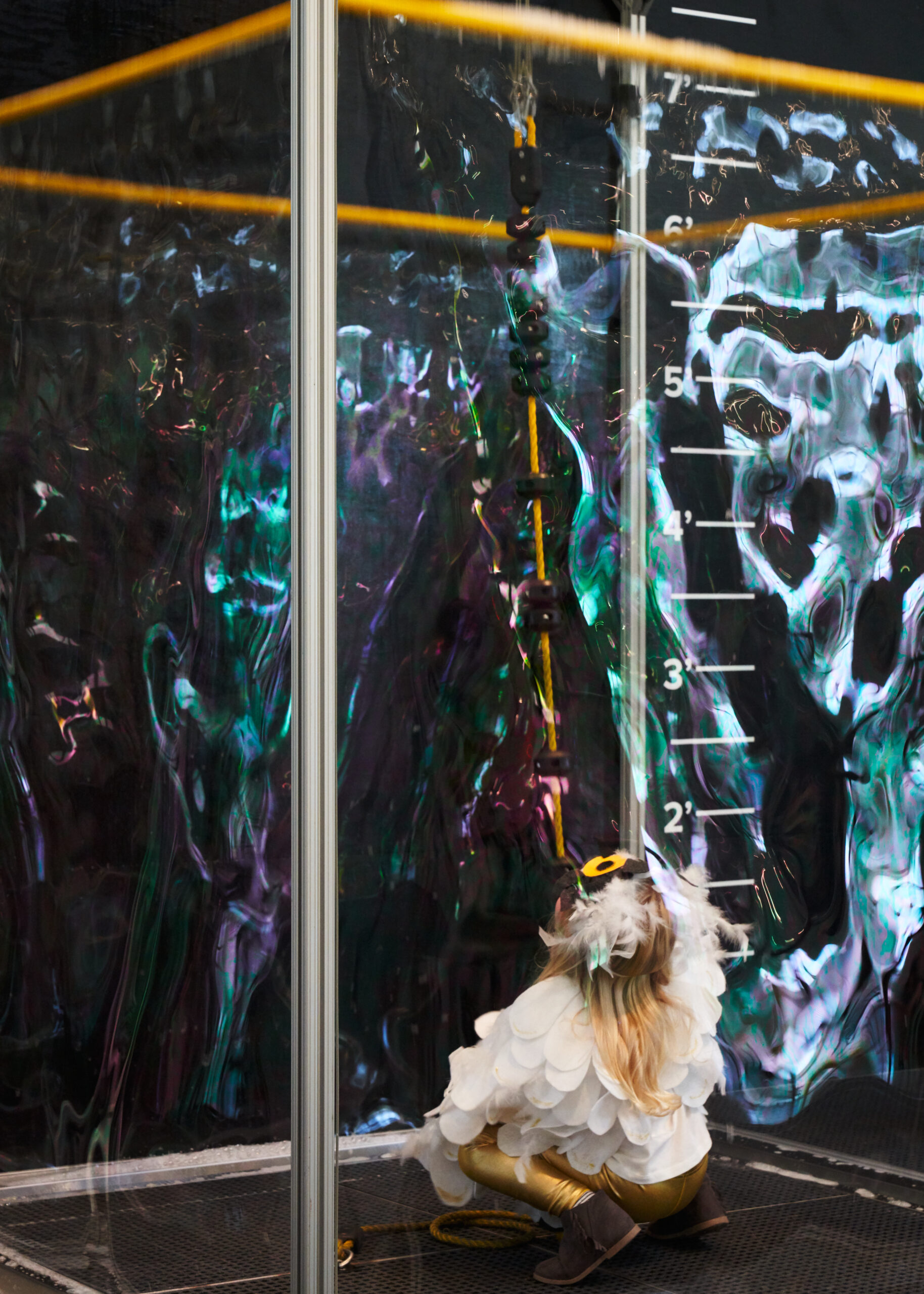
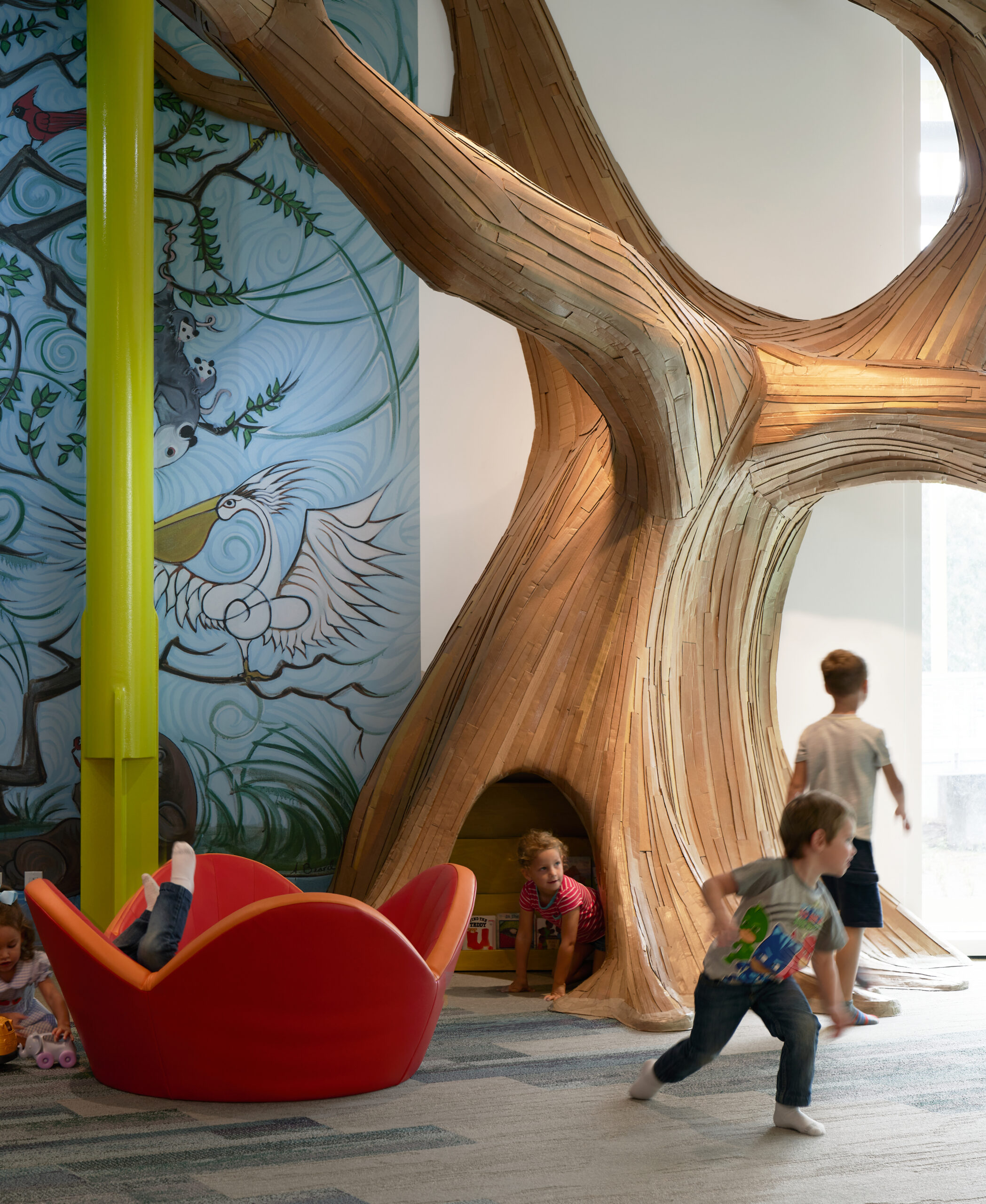
The Future
While the museum briefly re-opened following strict COVID-19 protocols, it postponed daily visits to the museum on August 16, offering virtual and offsite programming.
“We have a big to-do list while we are closed, with programs and ways to use the museum,” said Bland. Among these is hosting preschool and kindergarten students from Langston Hughes Academy through December 2020, using the outdoor spaces as safe in-person teaching environments, and using the interactive elements for hands-on play and learning. “The opportunities are abundant, and that’s what we are focused on.”
